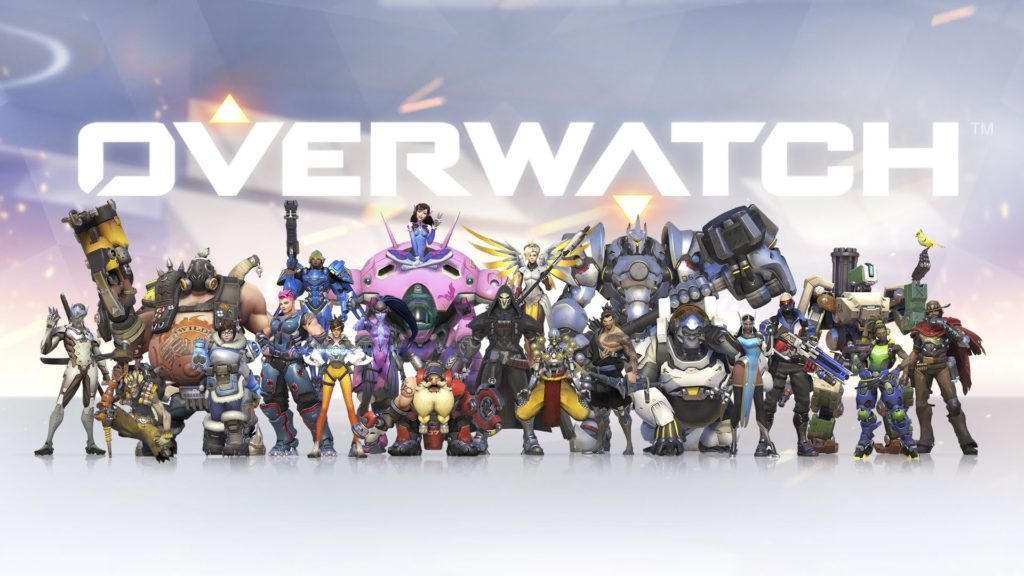In the world of video games, as a rule, every one looks first to the “latest and greatest”. We seem to have little time for games of the past these days, due to the paucity of free time between releases and the ever-increasing number of niche games designed to fit our particular interests and taste. I can remember a time when May would constitute “summer”, as far as big game publishers thought, and absolutely nothing of note would actually arrive until the end of September or so. I’m guessing that derives from the end of fiscal years and whatnot, but that’s been true until recently.

Now, how does one keep up with all the video games, the constant barrage of marketing, and release upon release? The simple answer is, you don’t, not unless you’ve got enough disposable income to buy them all at release and enough time to actually play the titles to satisfaction. I doubt most people in a first world country can keep up with the amount of consumption required to become well-versed in this market, or the skills required to play a bunch of different genres at a competent level. I don’t doubt that these people exist, but personal experience tells me that the person that owns the most games on release day tends not to be the most skilled. They’re in it for the “culture”, which seems a perfectly acceptable reason to spend that much money a year.
As for me, the best solution tends towards ignorance. I’m certainly knowledgeable about the video game market at large, but I rarely spend $59.99 on a game. Only a few titles warrant that sort of exuberance (see: Platinum Games original titles, probably some Nintendo things), and not every video game even deserves that much money, I think. Thanks to a wide and varying pool of price points from the advent of indie games, you can literally find games from free (seriously) to the full retail price, all of which contain an equally delightful amount of entertainment. That depends on taste, of course, but it simply makes no sense to give into “marketing” just to keep up with an impossible gaming treadmill.
Just for example, I certainly want to play the new Doom, but I haven’t even played through the original! That’s a clear hole in my gaming experiences that I needed to plug before the boat sunk. Thus, playing the original Doom showed me how great that game actually is, and how much work its “reboot” will actually need to do in order to match its intensity, level design, weapon feel/selection, and its dumb-yet-smart 1990s heavy metal aesthetic. Sure, the new Doom looks great, and by all appearances (and reviews, like I’d read those!), but sometimes you need some context to see if it even matches the old games!

The fundamental question is, how much marginal utility am I getting for this product – what additional benefit am I getting from consuming a particular good or service? Honestly, marginal utility per dollar spent comes up all the time when you’re talking about video games. That especially goes for the new consoles, which cost many hundreds of dollars. The Xbox One launched at a price of $499, and the PS4 at $399. While both of them experienced price drops since they appeared on store shelves in 2013, I haven’t found enough marginal benefit in either product yet to inspire me to purchase one or the other. That’s quite a high barrier to entry already! Add the cost of a system to a new game, and you’re already starting behind.
Now, that doesn’t mean I don’t want at least one of these systems. On the contrary, I would like to buy a PlayStation 4 in the near future for some upcoming releases exclusive to the platform. However, the marginal benefit per dollar of that situation, subjectively, doesn’t really match the current cost. Because Sony is in the habit of bundling games with systems, this keeps the price at a steady $349.99 MSRP. So far, every game bundled with the system has been something I don’t want; I would much rather buy the system by itself (I already own a game for the PS4, Bloodborne, that I got on heavy discount). Unfortunately, Sony hasn’t afforded me that opportunity without buying the system secondhand. Per dollar spent, I’m literally wasting money if I buy a PS4 right now!

The bigger problem is that I probably own more video games than I could possibly play, and plenty of consoles already. I pretty much make up the difference in value by purchasing a new game for these older systems (new games at about $59.99, and used older games at significantly less cost), and so I can easily substitute any PS4 product with the myriad other games I own. Add a gaming PC which was able to run the most recent releases, and there’s just not enough incentive yet for one or two games exclusive to the PS4. The marginal benefit per dollar spent, at least from my stance, simply isn’t there to justify the purchase yet, and may not be for a long time to come.
I also cite the intangible pleasures of buying things for my reticence to “keep up with the times”, as it were. I tend to enjoy the hunt of physical video game copies. This makes me a dinosaur in an ever-increasing world of digital distribution, but I honestly don’t care. Some things never get old, like picking up a game in shrink wrap and opening it. A person who waits long enough for the market price of a game to decrease just so, like me, enjoys waiting for that to actually happen and playing something truly weird in the process (the PS3 has a bunch of these sorts of games coming out right now, for whatever reason. Hurrah for end of system life!). Ditto for searching local and online stores for the best possible deal; pulling the trigger requires time and experience, but it’s always a lot of fun! All in all, I’m finding this kind of analysis more interesting than keeping up with the latest releases, whenever they arrive. The shopping itself becomes a meta-game, and I’ve always liked that meta-game!
In a word, I am content, and contentment in video games is hard to find. Yet, it’s possible to be a frugal and wise spender of money, to enjoy the hobby and the experience beyond what kind of money you could simply pour into it. I still own too many games, of course (that’s what happens when you’re a bargain seeker), but that’s the end goal. More video games certainly isn’t going to help with that, nor with more money to buy them. True contentment is of a different sort…
5 Make sure that your character is free from the love of money, being content with what you have; for He Himself has said, “I will never desert you, nor will I ever forsake you,”
Hebrews 13:5
